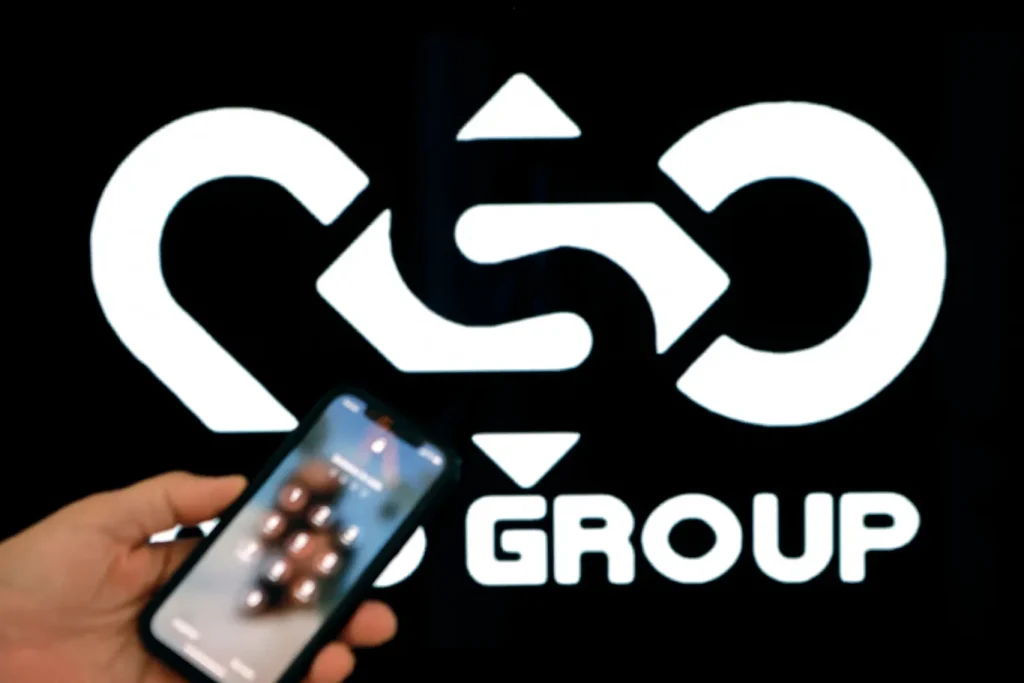A federal judge has found that the Israeli spyware company NSO Group was accountable under both federal and California law for a 2019 hacking spree that compromised over 1,000 WhatsApp accounts, giving the messaging service WhatsApp a significant legal win.
For campaigners who have worked to control businesses that produce potent spyware—software that can monitor calls and texts—it is a rare court victory. Spyware has reportedly been used on journalists, human rights advocates, and political dissidents all around the world.
In her decision to accept WhatsApp’s move for partial summary judgement on Friday, Judge Phyllis Hamilton of the Northern District of California stated that the case will now proceed to trial about the damages that NSO Group owes Meta-owned WhatsApp.
The historic case started in 2019 when WhatsApp sued NSO Group, claiming that the company’s main bespoke malware, Pegasus, was used on journalists and human rights campaigners in a widespread attack in the spring of that year, in violation of federal anti-hacking legislation.
A request for comment on Friday night was not immediately answered by NSO Group. In the past, the corporation has denied any wrongdoing and claimed that its goods are used to combat terrorism and criminality.
In a social media post, WhatsApp CEO Will Cathcart stated, “Surveillance companies should be on notice that illegal spying will not be tolerated.”

Over the past ten years, the market for commercial spyware has grown rapidly as businesses from North Macedonia to Israel have marketed their services, and numerous governments have been eager consumers. The U.S. intelligence services stated in their yearly threat assessment that at least 74 nations had agreements with private companies to acquire commercial malware.
Since the State Department learnt in 2021 that NSO Group-developed spyware had been used to infiltrate the iPhones of roughly a dozen of its diplomats, the Biden administration has attempted to take tough measures against spyware manufacturers.
A US National Security Council official earlier told CNN that the “very aggressive effort” by spyware companies to sell their hacking capabilities to different US agencies has disturbed US officials.
For instance, the FBI acknowledged purchasing a testing licence for Pegasus in 2022. According to the FBI, Pegasus has not been used in any investigations.
According to John Scott-Railton, a researcher at the University of Toronto’s Citizen Lab who has studied the usage of NSO Group’s spyware, Friday’s decision in favour of WhatsApp “sets a precedent that will be cited for years to come.”
“Everyone is going to pay attention to this case, which is the most watched one involving mercenary spyware,” Scott-Railton told CNN.
He went on to say that the decision would “chill effect” other spyware businesses’ attempts to get into the US market.


